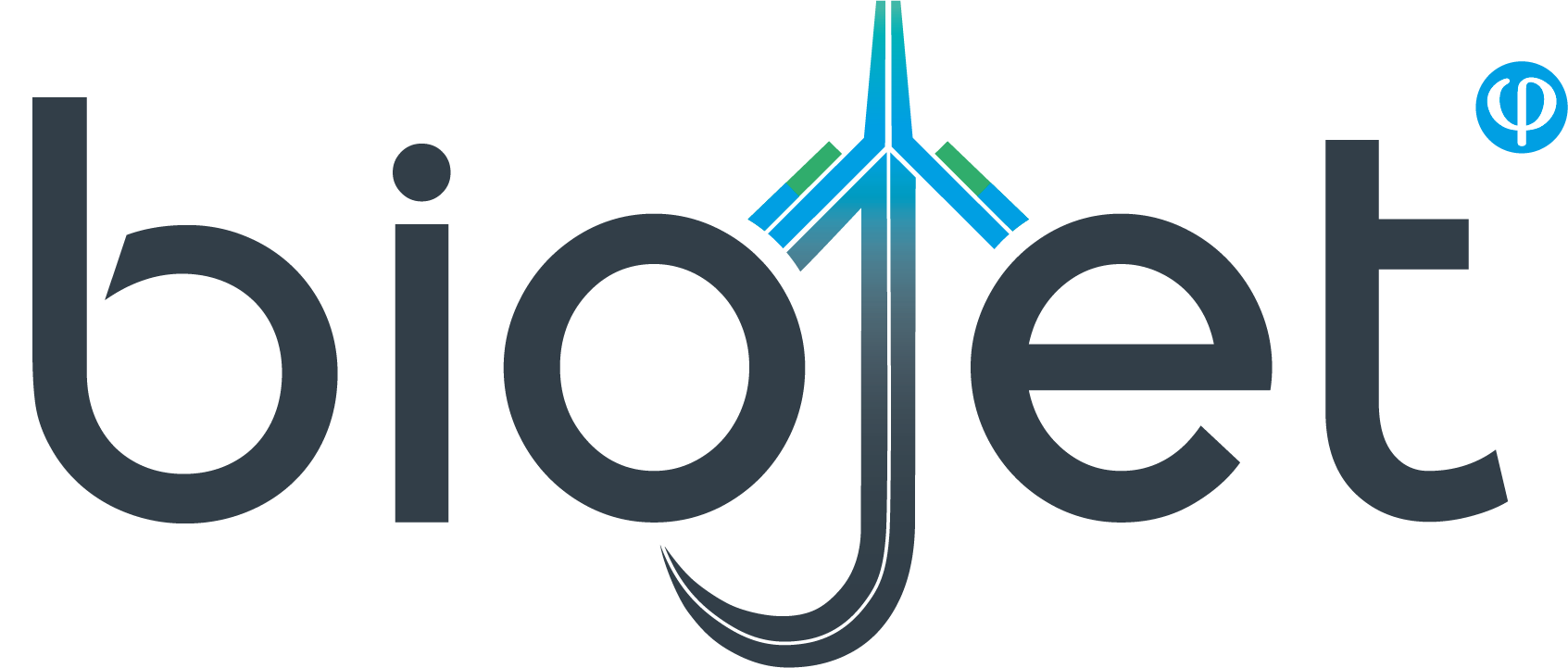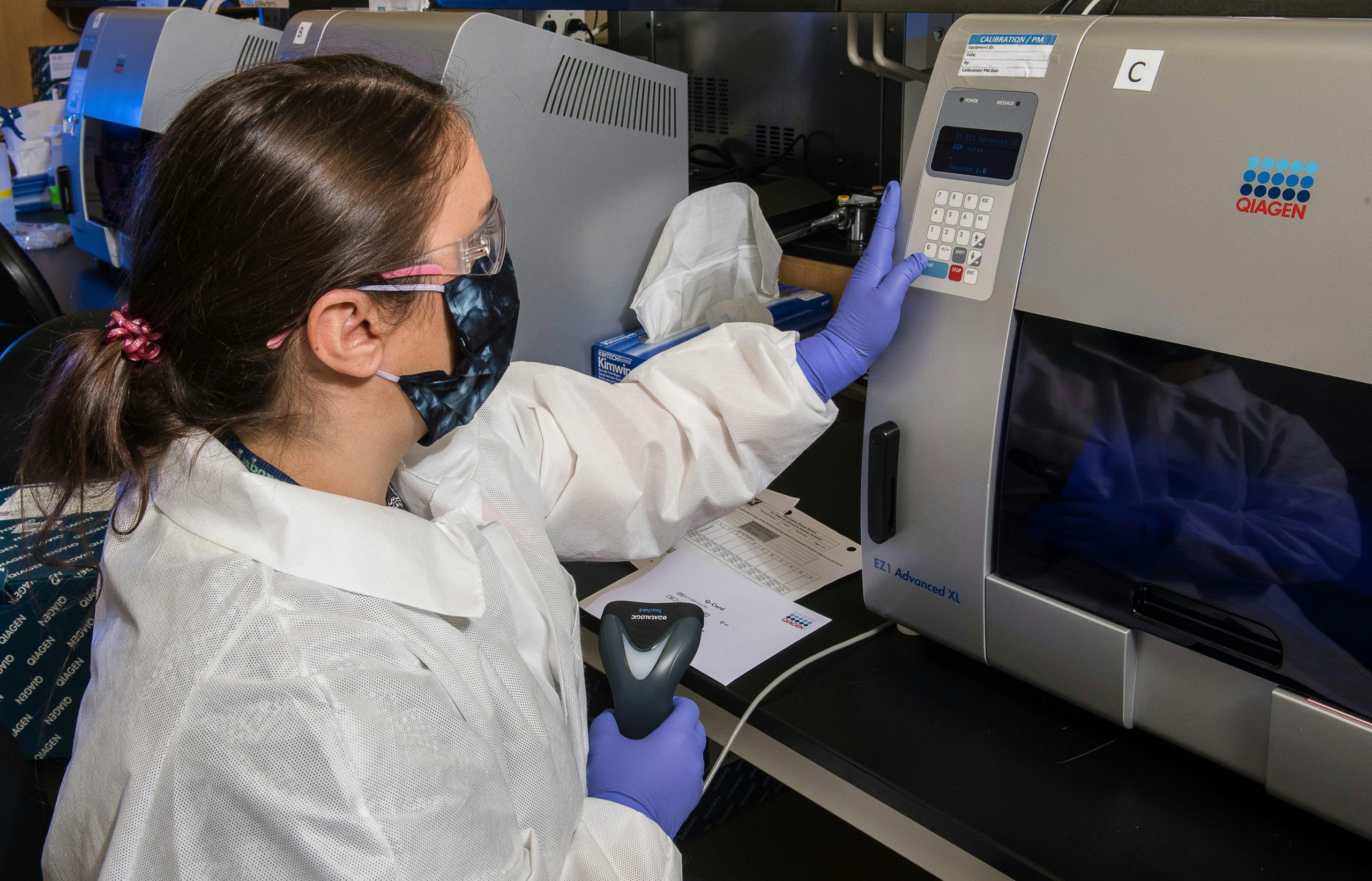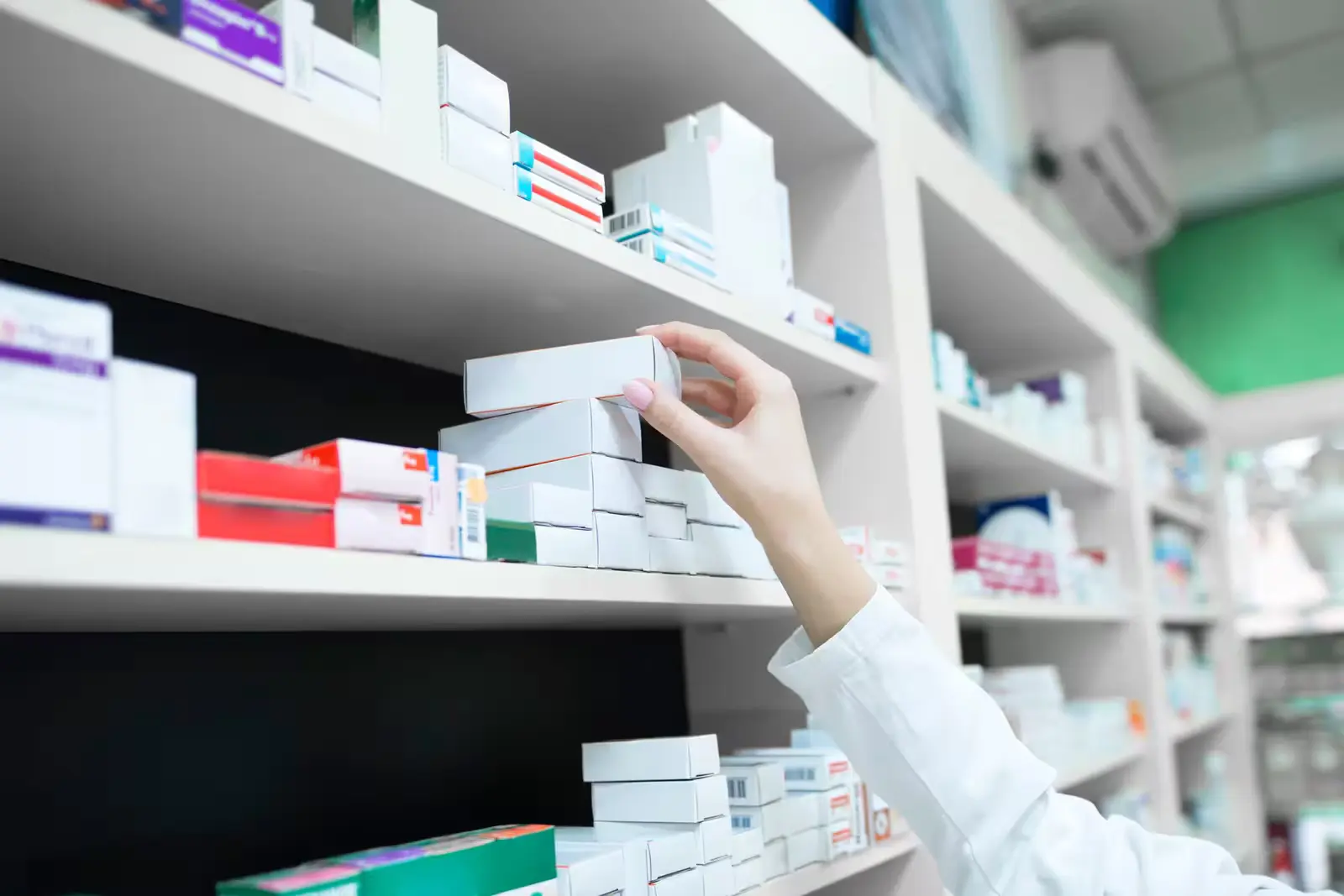Inspections of pharmaceutical companies for compliance with GMP/GAMP 5 requirements are becoming more complex and frequent. According to open data, in 2024 alone, 401 GMP inspections of drug manufacturers were conducted in Russia—twice as many as ever before. At the same time, Russian pharmaceutical manufacturers have lost access to global service providers and are now forced to prepare documentation on their own.
Validation Is Becoming More Complex
The term “validation” has been around for quite some time. According to the instructions of the Ministry of Industry and Trade, all computerized systems involved in the production of medicinal products must undergo verification for compliance with GMP/GAMP 5 recommendations. The GMP rules were approved by Order No. 916 of the Ministry of Industry and Trade of Russia dated June 14, 2013, and are also regulated by Decision No. 77 of the Eurasian Economic Commission Council dated November 3, 2016, “On Approval of the Good Manufacturing Practice Rules of the Eurasian Economic Union.” However, in recent years, the approach to the procedure has significantly changed.
First, the inspection approach has evolved, and the volume of documentation required for validation has expanded. For example, a few years ago, the data integrity guideline was translated into Russian, introducing new requirements for data completeness, consistency, and accuracy throughout the lifecycle. This includes record-keeping rules, additional acceptability criteria, traceability, and consistency in maintaining records on both electronic and paper media. As a result, the validation process now involves more tests, such as event logs, traceability, and error distribution criticality.
Currently, the guide on good automation practices is being adapted to the realities of the domestic pharmaceutical market, which will bring additional changes and further complicate the process. For instance, businesses are gradually transitioning from paper protocols, logs, and records to maintaining drug production dossiers in digital format, with such documents being certified by electronic signatures. To stay informed, experts regularly share experiences and discuss the intricacies of validation procedures at industry events.
Second, pharmaceutical companies themselves have realized that improving business processes and the quality of the final product released to the market is beneficial. For example, by strictly complying with GMP requirements regarding labeling, they can reduce the risks of counterfeit products entering the market—thus avoiding financial and reputational losses.
In addition to becoming more complex, validation procedures have become more frequent. From 2016 to August 2024, around 3,500 drug manufacturers were inspected outside of Russia. In the first half of 2024 alone, over 400 enterprises underwent audits within the country. However, new challenges have emerged.
Lack of Validation Service Providers in Russia
Previously, most Russian pharmaceutical companies relied on global suppliers for validation processes, services, and expertise. After their exit, the market became fragmented. Former employees of international giants began handling specific projects independently. However, this fragmentation only worsened the quality of services—local players lack a global market perspective, coordination, and shared expertise.
Of course, any pharmaceutical company can conduct validation of computerized systems on its own. Despite their vested interest in the outcome, this is legally permissible. For the Russian branches of global pharmaceutical companies, this approach is not new. Before 2022 and the introduction of sanctions, the process often looked like this: the headquarters abroad would send a specialist to conduct the necessary procedures in the local branch and prepare a report in accordance with international standards.
Now, this is no longer possible. Even if global pharmaceutical companies still operate in the Russian market, they refuse to provide such services. Meanwhile, Russian pharmaceutical companies often struggle to find or even hire qualified specialists to prepare the required documentation. As a result, these companies are forced to outsource this process.
What Happens If Validation Is Skipped?
Opting out of validation entirely is not an option for Russian pharmaceutical companies. Inspectors from the Ministry of Industry and Trade conduct comprehensive checks of quality and validation departments during licensing, which occurs every three years. If violations related to validation are identified, they are included in a list of remarks. These remarks are categorized into several types, including significant, critical, and others. With multiple significant remarks, auditors grant 2-3 weeks to address them. During this short period, pharmaceutical companies must fix the issues and provide proof, such as a new document or a system screenshot.
Multiple critical remarks, however, can lead auditors to completely suspend the pharmaceutical company’s operations. This results not only in production and sales downtime, with substantial financial losses amounting to tens or even hundreds of millions of rubles, but also reputational risks.
Author: Sergey Chevychalov, Managing Partner, LLC “UK Navikon”
Source: GxP-news, November 20, 2024.








